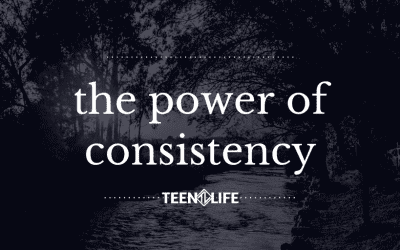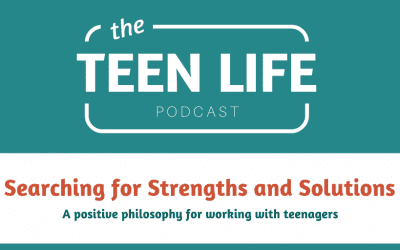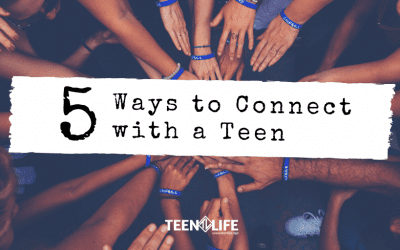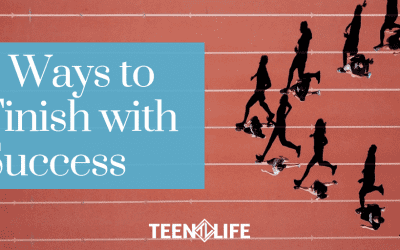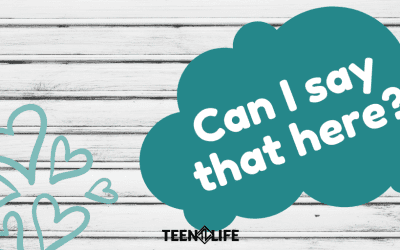Working with students is hard because it is unpredictable. What we have learned at Teen Life over the last 11 years is the power of consistency.
Support Groups Articles and Episodes
Teenagers are longing for caring adults to take the time to connect. Check out our time-tested resources on leading support groups and building life changing relationships.
Teens need champions. Be one.
Every teen deserves an adult who believes in them. Our newsletter is packed with updates on teen life, free resources, and practical ways to build stronger, more supportive relationships with the young people you care about. When you grow, they thrive.
Subscribe today — because one caring adult can change everything.
